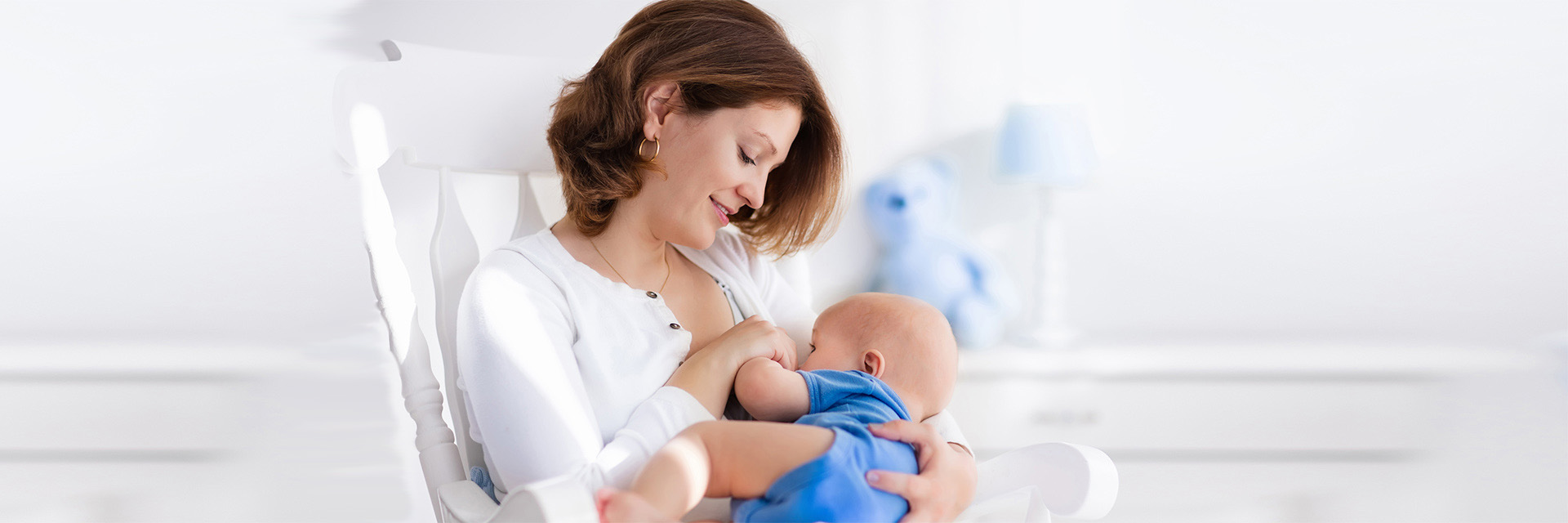Moms know when an infant or small child in their home comes down with an illness, she has a good chance of contracting it as well, thanks to all the nose wiping, cough covering and the cleaning up of messes. There’s not much to be done about it, except to follow common hygienic practices like washing hands often and covering sneezes and coughs.
One of the beautiful things about breastfeeding is the close physical bond a mom forms with her child. What is a breastfeeding mom to do, however, when she’s the one who falls sick, especially with something like the flu?
According to the Centers for Disease Control and Prevention, the flu cannot be passed to an infant through breast milk so sick moms should continue to breastfeed, as milk contains antibodies and other immunological boosters for her baby.
Vicki Gettel, a registered nurse and lactation consultant on the medical staff Texas Health Presbyterian Hospital Allen, agrees.
“Breastfeeding helps to keep baby safe from many diseases, including respiratory illnesses,” she says. “The CDC recommends mothers and/or babies with the flu should continue breastfeeding. Because there is no flu vaccine available for babies under the age of 6 months, the antibodies found in mother’s milk play an important role in lowering baby’s risk. Droplets released while sneezing or coughing spread the flu, not breast milk.
“There are other actions which can help keep baby from getting sick. All members of the household, including the mother, should get the flu vaccine and contact with other sick people should be avoided. Infected mothers should wash their hands with soap and water for 20 seconds before touching the baby. Practicing good cough etiquette (coughing or sneezing into a tissue or arm, rather than the hands) is important. If a mother is too ill to breastfeed, she should regularly pump her milk and have a healthy caregiver feed it to her baby.”
The American College of Obstetricians and Gynecologists explains that it’s important for women to receive a flu vaccine during pregnancy, as studies have shown newborns receive neonatal protection from maternal vaccinations due to transplacental antibodies. Additionally, newborns whose mothers received the flu vaccine are less likely to be hospitalized if they do come down with the virus.
The flu can make even the toughest mom miserable, so self-care is important. Both illnesses and some medications can contribute to a decline in milk productivity, so mothers should keep a close eye on their production, drink plenty of water and get lots of rest.
“A mother should check with a lactation consultant or her pediatric provider for guidelines before taking products to alleviate flu-like symptoms,” Gettel recommends. “Medications with pseudoephedrine may decrease milk supply. According to the U.S. National Library of Medicine drug database Lactmed, oseltamivir (Tamiflu) is poorly excreted in breast milk and may be taken by the breastfeeding mother.”
Although breastfeeding is encouraged if possible when a mother has the flu, Gettel says direct breastfeeding may be interrupted if the mother must remain hospitalized with the flu following delivery. The CDC recommends that under those circumstances, the baby should not share the same room as the mother. During this temporary separation, the mother continues to pump, and her breastmilk is fed to the baby by a caregiver. Once the mother is free of fever for more than 24 hours and has control over her secretions, mother-baby bonding can continue.

